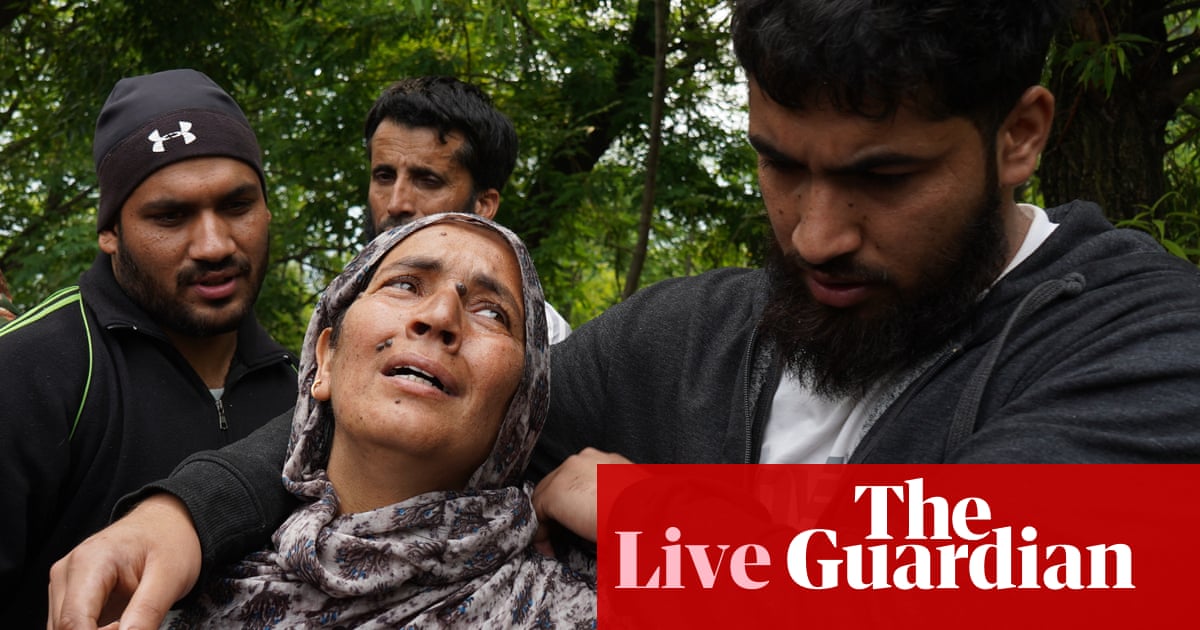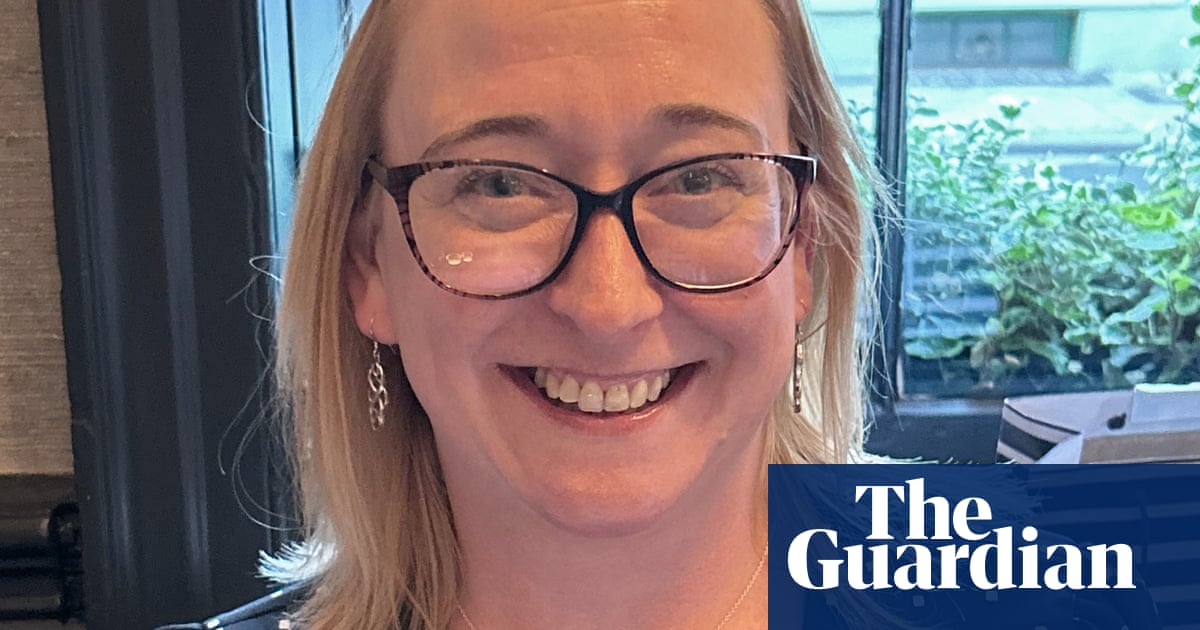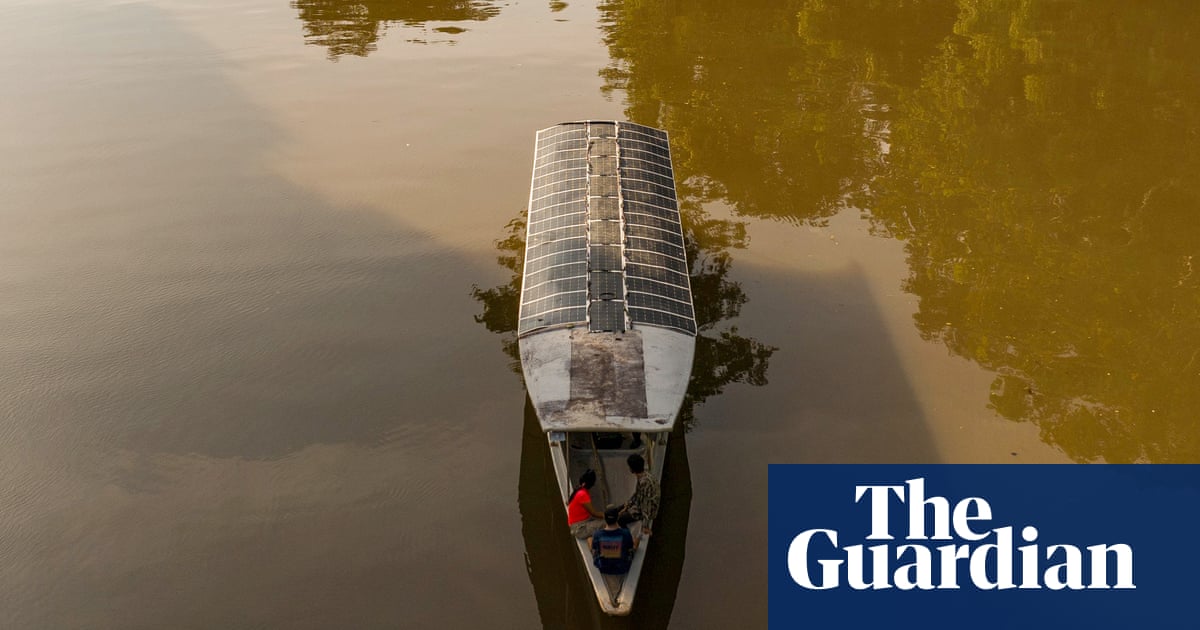For days, residents living on both sides of the volatile border between India and Pakistan, dividing the disputed region of Kashmir, had been bracing themselves for war.
After India accused Pakistan of involvement in a terrorist attack which killed 26 people, and vowed to retaliate with military might, locals knew a confrontation between the two countries could take place at any moment.
In Indian-administered Kashmir, residents living in border villages had been preparing bunkers and stocking up supplies. At around 1am on Wednesday, the whistle of missiles overhead and the shuddering boom of explosions over the border alerted them that Indian strikes on Pakistan had begun.
In the village of Wuyen, located in Pulwama district of southern Indian Kashmir, locals reported that an object, suspected to be an aircraft, had fallen from the sky. Firefighters were immediately sent to extinguish the resulting blaze.
While officials declined to confirm whether it was a military aircraft, witnesses reported hearing a loud explosion around midnight accompanied by the sound of fighter jets overhead.
“It sounded like powerful thunder. When I looked outside, I saw a massive fireball,” recounted one local resident.
Heavy firing between Indian and Pakistan forces quickly began along the de facto border in Kashmir, known as the line of control (LoC), killing at least three Indian civilians. Several villages along the Indian side of the LoC in Kupwara, Poonch, and Rajouri districts of Indian Kashmir were hit by mortar fire. Local officials in Kashmir said they had begun evacuations of many residents living close to the border.
In the Chowkibal area, overnight shelling caused widespread panic, prompting mass evacuations to safer locations.
“Our entire area was thrown into chaos when multiple artillery shells struck,” said Waheed Ahmad, a Chowkibal resident. “Many families fled under cover of darkness, while authorities helped evacuate others. Although the shelling stopped by morning, people remain fearful, and officials have warned against returning home yet.”
Those living along the other side of the border, in Pakistan-administered Kashmir, said India’s strikes came without warning.
Mobarak ur Rehman, a student studying at the university of Kotli, one of the areas hit in the strikes, said they had been on high alert of days, but when the strikes came they were “terrifying”.
He recalled waking at around 1am to a loud boom. Stepping out of his house, he saw the blast of yellow light from an explosion and smoke billowing up in the near distance. “Women and children started crying and screaming. One after another, four missiles targeted buildings in Kotli city,” he said.
“After four missile attacks, things calmed down but then cross border firing and mortar shells began. All night, we lived in terror. We were thinking we could be next, that it was our last day,” said Rehman.

Khizer Abbas, who also lives in Kotli district, said he had been kept up all night by the sounds of explosions and cross-fire mortar fire. He said two children in the area were killed in the Indian attacks
“This is a war-like situation that is targeting civilians,” he said. “The firing kept going all night, how could anyone sleep or be calm in such a situation?”
Jawad Ahmed Paras, from Neelum valley, said there had been constant cross-fire shelling since the strikes began and that everyone living along the border was “scared for his life”.
“Loud explosions have been heard in the valley since Indian airstrikes,” he said. “Everyone is awake and very worried. We don’t know what will happen. Some people who had built shelters and bunkers have moved to them. No one has seen such severe firings over two decades.”

Throughout Wednesday, heavy cross-border shelling continued along the line of control, forcing thousands to evacuate or hide in bunkers and basements. India said that the cross-border artillery exchanged between Indian and Pakistani troops had killed at least 12 people on its side, and there were at least five fatalities reported in Pakistan.
Mohammad Mashooq, a resident of Poonch in Indian-administered Kashmir, reported that numerous homes had been destroyed and warned the entire town could burn if shelling between India and Pakistan persisted into a second night.
“We beg the Indian and Pakistani governments to stop this madness,” Mashooq said by phone, with artillery explosions audible in the background. “Innocent people are being brutally killed. They should let us live in peace – there’s been enough destruction and loss of life.”
As he prepared his family for another perilous night in their bunker, Mashooq added: “My children are terrified. I fear these earth-shaking explosions might kill them. I just hope we survive this hell tonight.”

.png) 1 day ago
4
1 day ago
4













































